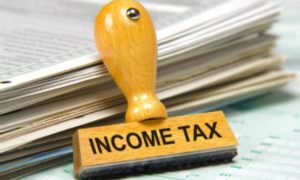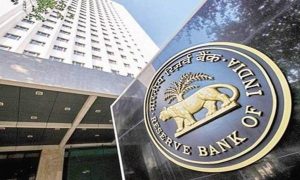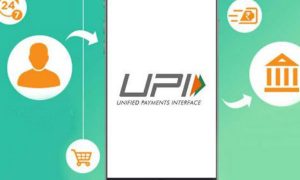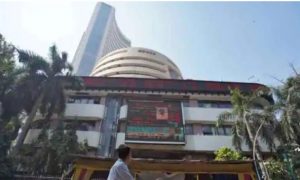After a hike in GST and withdrawal of exemption on some items last month, the Goods and Services Tax Council (GST Council) may withdraw some more exemptions and raise the tax rates further to correct the remaining instances of inverted duty, according to a report. A group of ministers (GoM), headed by Karnataka Chief Minister Basavaraj Bommai, is working on this second round of GST revision.
Read More:-Money Talks | 5 Smart Financial Moves to Make Amid Looming Recession
“The inverted duty correction exercise has not concluded yet and there is more work left… The last two-three meetings were productive, with many important decisions being taken. But some items are still pending, including textiles,” according to the ET report quoting a source. It also added that the GoM is working on the next list and a proposal is likely to be floated before the next council meeting, which is likely in September.
An inverted rate structure is a case where GST rates on inputs materials are more than outward supplies. Automobiles, some electronic items, urea and other fertiliser inputs segments have duty inversion.
Read More:-After Amul, Mother Dairy plans to hike milk prices by Rs 2 per litre: Deets inside
At the end of June, the GST Council in its 47th meeting decided to accept the group of ministers’ interim reports on the correction of duty inversion and exemption. Pre-packaged and pre-labelled retail packs, including curd, lassi and butter milk, were brought under GST, effective July 18. However, the GoM on casinos, online gaming and horse racing was given time to re-examine the issues and submit its fresh report till July 15, thus deferring the proposal to levy a 28 per cent tax on these activities.
The Council also decided to impose a GST of 18 per cent on the fees charged by banks for the issue of cheques (loose or in book form); bring hotel rooms under Rs 1,000 per day under the 12 per cent GST slab as opposed to tax exemption category currently.
Room rent, excluding ICU, exceeding Rs 5,000 per day per patient charged by the hospital will also be taxed at 5 per cent, without input tax credit. It has also decided to impose 12 per cent GST on maps and hydrographic or similar charts of all kinds, including atlases, wall maps, topographical plans and globes, printed.
GST exemption on services extended by RBI, Irdai, Sebi, FSSAI and GST was also withdrawn. GST on petroleum/ coalbed methane has been increased from 5 per cent to 12 per cent, that on e-waste has also been raised from 5 per cent to 18 per cent. The tax on scientific and technical instruments supplied to public funded research institutes has been raised from 5 per cent to the “applicable rate”.
Read More:-ZEE Digital Concluded Zee National Achievers’ Awards 2022
The Council reduced GST from 12 per cent to 5 per cent on ostomy appliances (including pouch or flange, barrier cream, sleeves, irrigator kit, micro-pore tapes, stoma adhesive paste, belt). It also reduced the rate from 12 per cent to 5 per cent on orthopedic appliance (splints and other fracture appliances); artificial parts of the body; other appliances which are worn or carried, or implanted in the body, to compensate for a defect or disability; and intraocular lens.





































